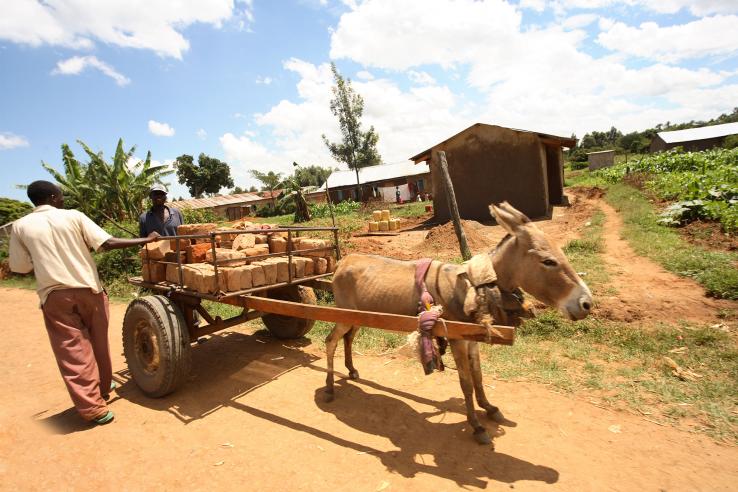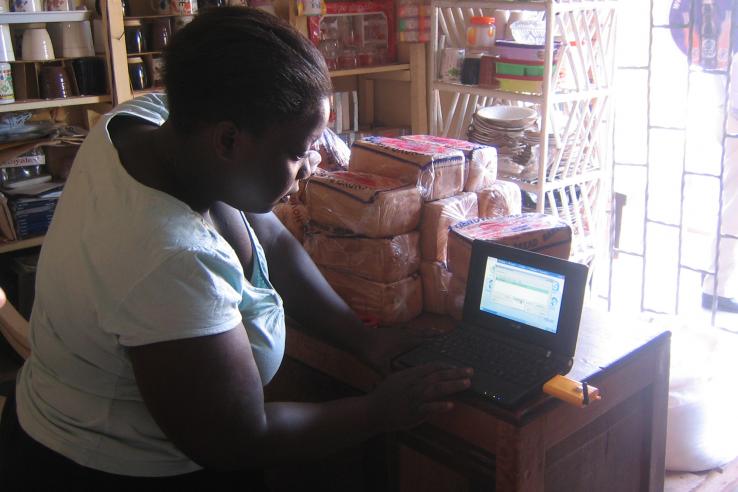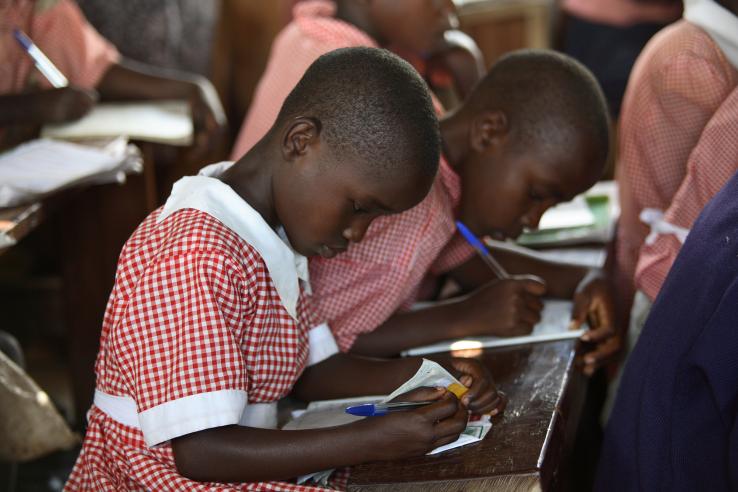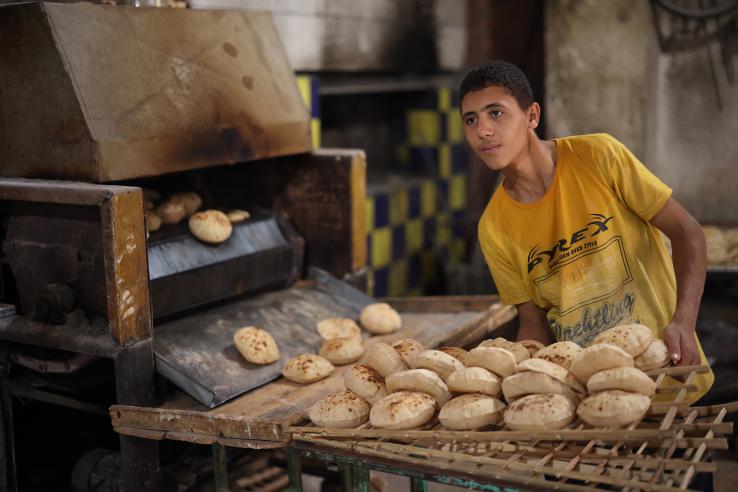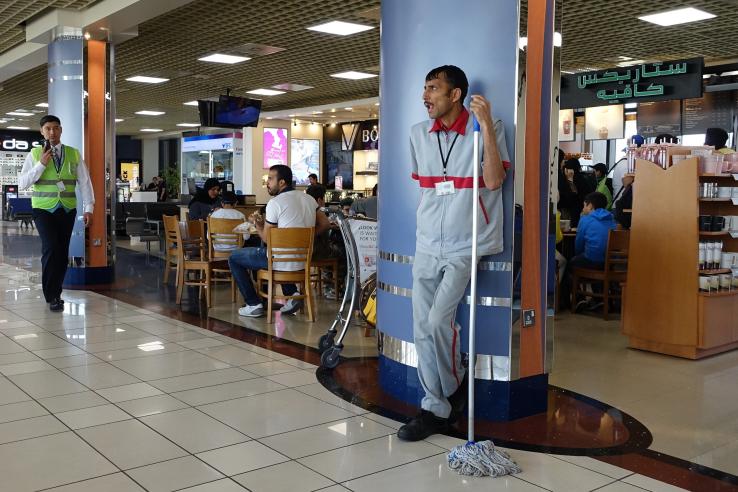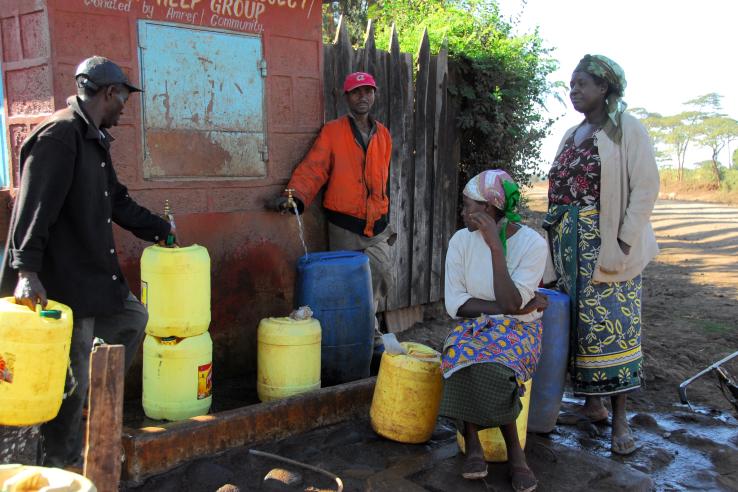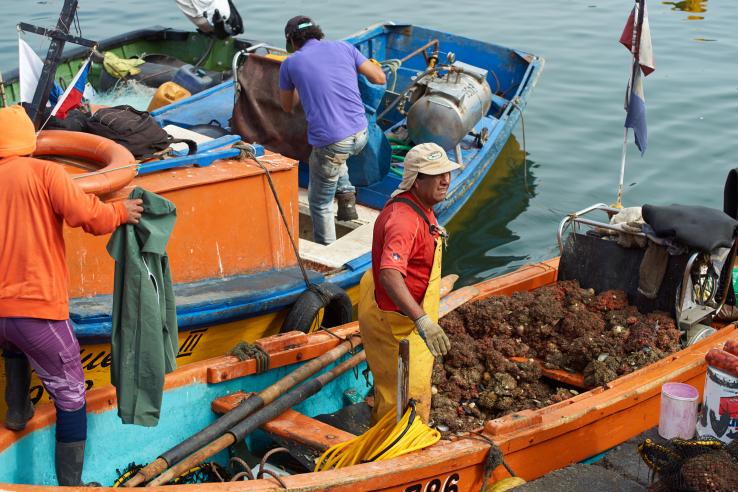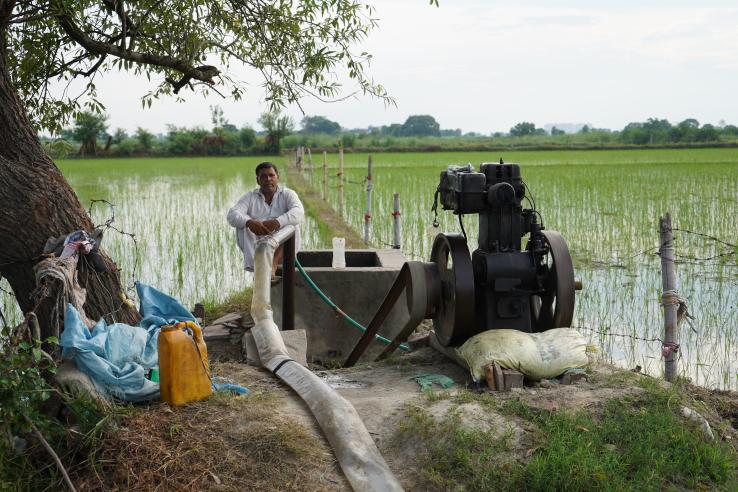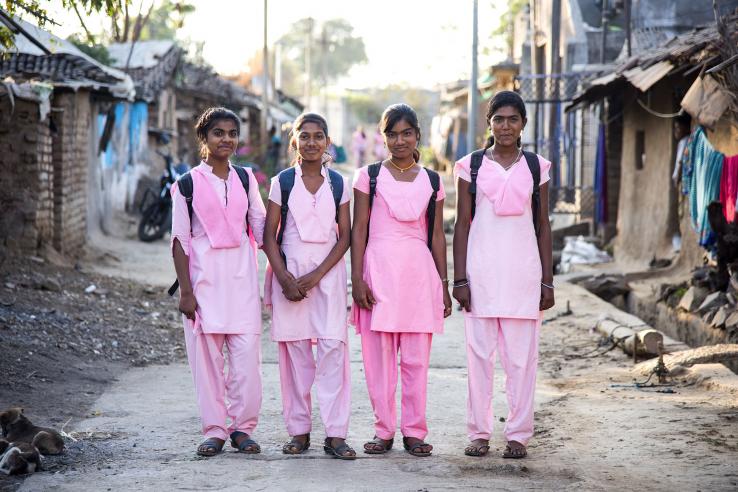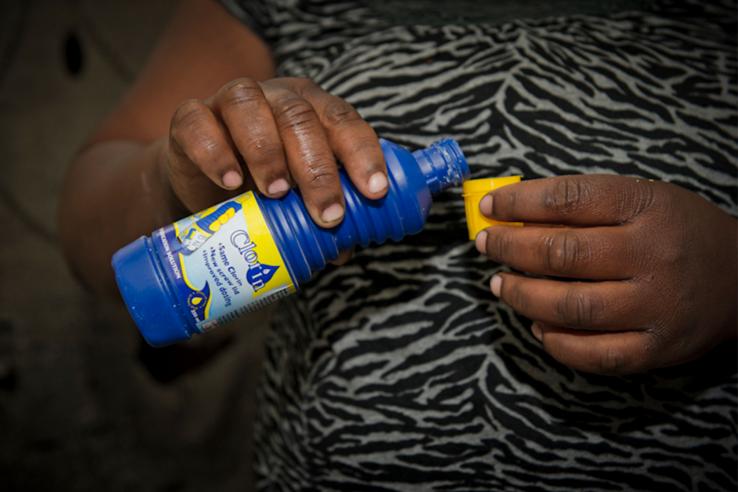Displaying 721 - 735 of 1291
Evaluation
Researchers evaluated whether a package of services, designed to help link smallholder farmers to commercial banks, retail farm suppliers, transportation services, and exporters, could help small farmers in Kenya adopt, finance, and market export crops, and thus make more income. One year after the program began, individuals who received the program were more likely to be growing an export crop, but incomes did not significantly improve.
Evaluation
In Uganda, researchers evaluated the effect of standardized business skills training on business performance as compared to more personalized mentoring services.
Evaluation
Approximately 85 percent of primary school age children in western Kenya are enrolled in school, but only about one-third of students finish primary school. This project was introduced in part to assist families of high-achieving girls to cover the cost of school fees, supplies, and activities.
Evaluation
Researchers conducted a randomized evaluation to determine the impact of job training and counseling programs on youth employment in Egypt. The job training programs improved labor market outcomes such as employment rates and income, and sometimes had a positive impact on non-labor market outcomes such as empowerment. However, the addition of counseling did not increase these positive impacts.
Evaluation
Researchers have partnered with a non-profit debt management provider and IPA to evaluate whether reframing difficult, long-lasting tasks, such as paying off large debts, into more easily-attainable “sub-goals” can help borrowers accomplish their goals of debt repayment and increase client retention in a debt management program.
Evaluation
Researchers are evaluating the impact of providing the option of labeled remittances to Filipino workers in the United Arab Emirates on the amount of remittances sent and what those remittances are used for by their recipients.
Evaluation
In Western Kenya, researchers compared three different approaches to subsidizing dilute chlorine solution to treat drinking water: a partial subsidy, a twelve month supply of free chlorine through monthly vouchers, and a twelve month supply of free chlorine hand-delivered. Safe water rates were much lower for households who had to co-pay for chlorine, but similar between households who received chlorine for free and households who had to redeem complimentary vouchers. This suggests that vouchers screened out households that would accept but not use the product under free immediate distribution, thereby keeping most of the benefits of free distribution while reducing wastage.
Evaluation
In partnership with the Chilean National Fish Service (Sernapesca), researchers conducted a randomized evaluation to test the impact of enforcement visits to fish markets and a consumer information campaign on the illegal sale of hake fish. They found that both the information campaign and enforcement visits reduced hake availability and consumption.
Evaluation
In partnership with the Government of Punjab, researchers are conducting a randomized evaluation of the Direct Benefit Transfers for Electricity program that creates a monetary incentive for farmers who are able to reduce consumption below a specified electricity allocation.
Evaluation
In 2008, women accounted for 18 percent of parliamentarians worldwide, and only 13 countries had a female head of government. In India, researchers studied the impact of a constitutional amendment that reserved village council leadership positions for women on adolescent girls’ career aspirations, educational attainment, and labor market outcomes. The gender gap in adolescent educational attainment was erased in villages with female leaders, and girls spent less time on household chores. Furthermore, adolescent girls had higher aspirations, as did their parents on their behalf.
Evaluation
Researchers in Zambia found that the use of chlorine decreased with higher prices, but this decline was partially offset by better targeting of the product to families who were more likely to use it. Additionally, there was no evidence that higher offer prices screened out poorer or less educated households.
